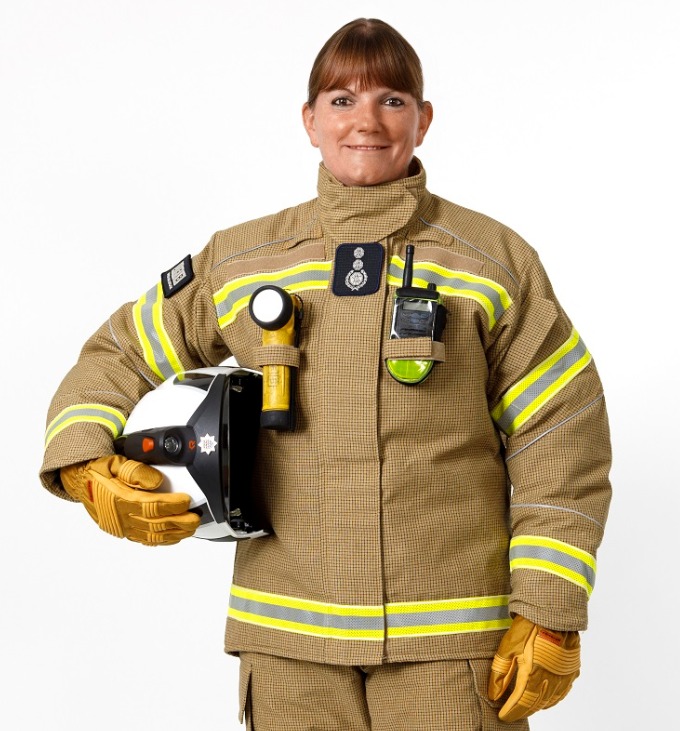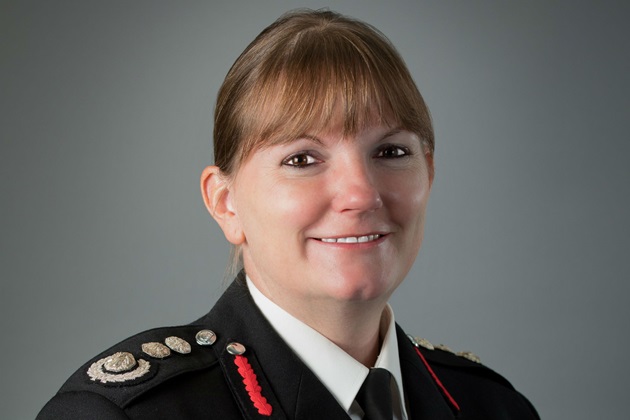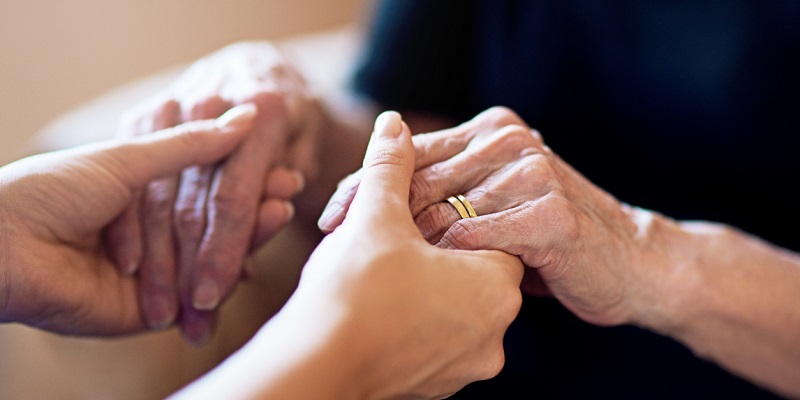Dany Cotton is transforming the London Fire Brigade’s approach to mental health.
At RCN Congress, Dany spoke about how she sees psychological support for staff as a health and safety issue and how we can apply the same approach to nursing.
Since Dany took on the role of London Fire Commissioner in January 2017, there’s been a marked change in attitudes towards mental health within the London Fire Brigade. It’s a message she’s keen to spread.
Events such as the Grenfell Tower Fire, and the terrorist attacks in Westminster and London Bridge, have brought discussions about the impact of traumatic events on those responding to the fore.
But its Dany’s openness about mental health and her personal experiences that have been what she describes as a “catalyst for change” in making sure firefighters are getting the support they need.
“We’ve got to be open and honest about mental health and I think it’s so important that as a leader you role model those behaviours,” says Dany.
Flexible support
As London Fire Commissioner, Dany is responsible for the entire London Fire Brigade. The Brigade covers the whole of London and the Greater London area and includes more than 100 fire stations.
As well as being the head of the organisation, when large scale incidents happen, Dany is on the ground alongside her staff.
She was there on the night of the Grenfell Tower fire and says one of the things she recognised early on during the event was the huge impact on the firefighters who were attending.
“As firefighters left the scene, we sent them all immediately to one of our fire stations,” says Dany. “They each saw a member of our counselling team before they went off duty. We wanted to make sure they’d had some form of contact with that support.
“We followed it up with a telephone call. Then after 28 days we did more intervention work with the support of our local trauma and counselling team, and also with support from counselling teams from other fire and rescue services because of the sheer volume of people involved.”
We recognise people cope in different ways. It's not one size fits all
Dany thinks that in order to be successful, support must be timely and respond to both the event and the individual’s needs flexibly.
She explains: “It was really important those firefighters spoke to someone straightaway because it’s the start of a process. It’s that first link in for people to realise we are going to support them. We’re going to provide them with help and we recognise that people cope in different ways and react to different things.
“As part of the work we did, we’ve installed a number of different options for people to access follow-up support. It’s not one size fits all.”

Although the Grenfell Tower Fire was absolutely unprecedented, trauma is something firefighters experience regularly within their job.
The London Fire Brigade has is an in-house trauma team with dedicated counsellors available 24 hours a day. Firefighters and other staff can refer themselves at any time and there are also trigger levels in place.
If a particularly traumatic incident takes place, such as multiple fatalities or fatalities involving children, the officer in charge on the day can call the trauma team in straightaway.
Of course, it’s not just about supporting people when they’ve witnessed trauma. Dany says: “We all know that it’s often not a one-off event that causes people to suffer some sort of impact to their mental health. It’s normally cumulative and in conjunction with things that are going on in people’s personal lives.
“Mental health support is about keeping staff fit to be at work. As a measure, to me, mental wellbeing is as important as making sure my firefighters are physically fit.”
Nursing staff are under tremendous pressure and quite often seeing people at the worst points of their lives
It's OK to ask for help
With recent media coverage highlighting that more than 300 nursing staff have taken their own lives in the past seven years, mental health support is now more than ever something the nursing profession needs to address too.
Dany draws a lot of parallels between the work of nursing staff and firefighters.
“Nursing staff are under tremendous pressure,” says Dany. “They’re in a similar situation to firefighters in that they’re quite often seeing people at the worst points in their lives – when they’ve suffered trauma, illness or injury – and they’re also having to deal with those people’s families.
“It can be terribly difficult alongside the pressures of the job.”
A lot of people aren’t prepared to talk about how they’re feeling and that’s some of the culture I’m trying to change
Although a lot of health care employers offer psychological support services for staff, there can be huge variations in service provision so, what should someone do if they feel like they need some emotional support?
Dany says it’s hard but the first step is to recognise it’s OK to ask for help and we need to make it easier for people to do that. “A lot of people aren’t prepared to talk about how they’re feeling and that’s some of the culture I’m trying to change,” says Dany.
“I want people to feel they can be open and honest, and that they can talk about their feelings at a very early stage so they can flag that they need some support. Even if it’s just turning to a colleague and saying “I’m not having a great day, I need some help”.
“We need to have that system in place. Some people might just want to chat with a colleague and some people might need professional help. Either way it’s about giving people the ability to ask for help without any negative stigma.”
It's about health and safety
When it comes to speaking up, the onus is not just on the individual, says Dany. “We need to create an environment where people can be open but we all need to widen our horizons in what we’re looking for when we think about health and safety.
“Traditionally people have thought about health and safety as very one dimensional, so making sure there aren’t any trip hazards or obvious risks, but they don’t always think about the mental health and safety of the people around them. Your physical wellbeing and your mental wellbeing are inextricably entwined and as important as each other.
“It’s really easy for someone to replace a loose stair carpet because it’s a physical thing that you can see. Talking about how to look after people’s mental health is more challenging. But the more we do it and the more we normalise that conversation, the easier it will become.”
Getting support
RCN members can access our free and confidential counselling service by contacting RCN Direct on 0345 772 6100. Lines are open between 8.30am and 8.30pm, seven days a week, 365 days a year.
Read more about the RCN's Counselling Service.
If you’re involved in work to improve psychological support or wellbeing in your workplace, please let RCN National Officer Kim Sunley know at kim.sunley@rcn.org.uk

The John Goodlad Annual Memorial Lecture is hosted by the RCN UK Safety Reps Committee at RCN Congress and is open to all members.
Advertisement









